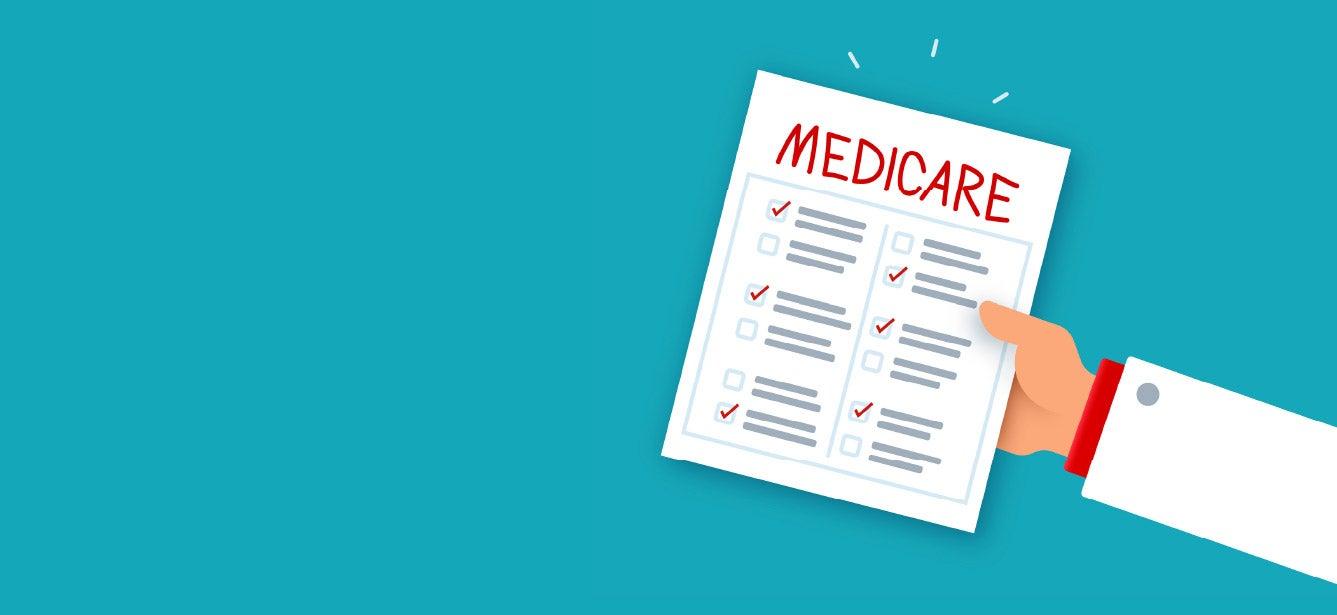Avoiding the Medicare Cliff: A Profile of Low-Income Older Adults
3 min read

For some low-income older adults, once they turn 65 and become eligible for Medicare, they lose all their Medicaid benefits.
As they transition to Medicare, the coverage and benefits they had under Medicaid change, and they lose Marketplace subsidies. When this happens, they face what has been called the “Medicare Cliff.”
In this issue brief, we describe those affected by the Medicare Cliff. Our research explores differences between three distinct populations:
- Older adults facing the Medicare Cliff
- People who are either partially or fully dually eligible for Medicare and Medicaid (Dual Eligibles) when they reach age 65
- People who are enrolled only in Medicare
We focus on their characteristics when they are eligible for the program and also track key health and financial measures over time to see how their status changes during retirement.
Overall, we found about 14% of people newly eligible for Medicare hit the Medicare Cliff each year.
This finding means programmatic changes over time have done little to prevent low-income older adults from hitting the Medicare Cliff, and this continues to be a vulnerable group. Based on Medicare enrollment data showing approximately 2 million new Medicare enrollees in 2019 (65 and older), we estimate 280,000 older adults experience the Medicare Cliff each year.
To be classified as an older adult facing the Medicare Cliff, someone needed to meet one of two criteria: they lost Medicaid eligibility when they became eligible for Medicare; or their out-of-pocket medical cost (not including any insurance premiums) increased by at least $100 after starting Medicare.
Part of this research included analyzing a sample of individuals who experienced the Medicare Cliff in 2012, when they turned 65, and then eventually became dually eligible for Medicare and Medicaid from 2014 to 2018. By examining participants who hit the Medicare Cliff 10 years ago, we have been able to study how their health and economics have changed over the past 10 years.

